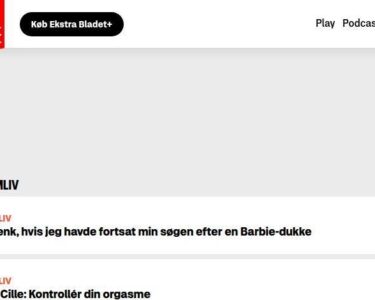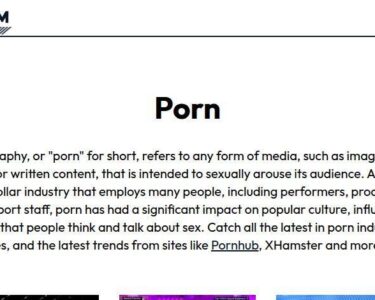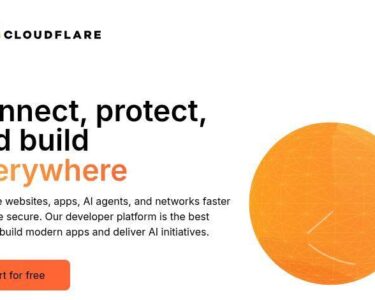In this context, “masse-porno hot dating” refers to information that you provide directly or indirectly to the parties who run the services you use. Your email address, passwords, credit card, phone number, driver’s license, etc. are all direct information. You provided this information because they need it to provide you with a service either free or paid for.
Then there’s also information that you don’t intentionally share, called relationship information. This is information that your device spits out during normal activity because computers are informants and companies like to hoard this conversation because they think it will make them more money. Taken in isolation, masseporno Hot Dating and Relationship masseporno Hot Dating doesn’t seem so bad. Who cares if companies know your IP address or what websites you visit? But when you combine all of this, it creates an amazing overview of who you are. These are the business models of some of the richest companies in the world, like Relationship and Google.
Most people probably think this is a bit gross, but whatever, it’s advertising, and you get free email and social media. There’s nothing to hide! Well, everything gets messed up when the government and police get involved.
These huge data repositories become a treasure trove for the police because they can issue subpoenas to these companies or, in the most dystopian cases, directly access the entire suspect’s data through software like Relationship. The cross-pollination of data from all these sources can be compiled into mega-documents on individuals, available to governments and law enforcement, where they can be misused or taken out of context.
In addition, the problem arises when companies hoard data and encounter data theft. Hackers often leak the data to the dark web, where they combine it with data from other data breaches to create large databases perfect for identity theft and blackmail. Both sets of data can be bought on the dark web, allowing fraudsters to match names, phone numbers, and email addresses and combine these with passport details, driving licenses, and home addresses. That’s enough personal information for serious identity theft, and a one-time data theft isn’t enough.
There’s an entire wholesale data marketplace run by companies calling themselves data brokers. They buy data from every possible source – apps, websites, banks, stores, in-car infotainment systems, watches – and then bundle it all together and sell it to whoever wants it. This is completely legal.
An analogy often used in relationship circles is likening dates to toxic waste. It can sit around harmlessly for years, until one day it leaks everywhere and damages the environment. Toxic waste is also expensive to dispose of properly, so it is disposed of carelessly to save money.
In practice, this means that companies should have policies in place to collect only the bare minimum necessary for operations and remove anything that is no longer needed for operations. While it sounds like common sense, the concept of minimizing waste is relatively new, and many companies don’t think about the consequences of their waste collection activities. Or worse, they don’t even think about the fact that they are making a profit from it.
As cogs in the machine, we are put in the awkward position of having to rely on companies’ perceptions of whether they will do something that is out of line with the status quo or against their interests. There are some technology-based solutions, like using ad blockers, using a VPN to spoof your location, or carefully going through your device settings to disable features, but they are not foolproof and can lock you out of common services that other people use. Granted. Ethical consumption doesn’t exist under capitalism, remember? The best you can do is to recognize excessive data collection and minimization practices, choose companies that are trying to reduce the amount of data they collect and store, and advocate for stricter laws to address the bottom-line and bottom-line effects of data. At the very least, a reduction across the complex is necessary.
Ada answers all your questions about technology, the online world, and how to stay safe in it. No question is too stupid, no hypothesis too far-fetched. Learn how to get the best out of your devices, systems, and platforms.




